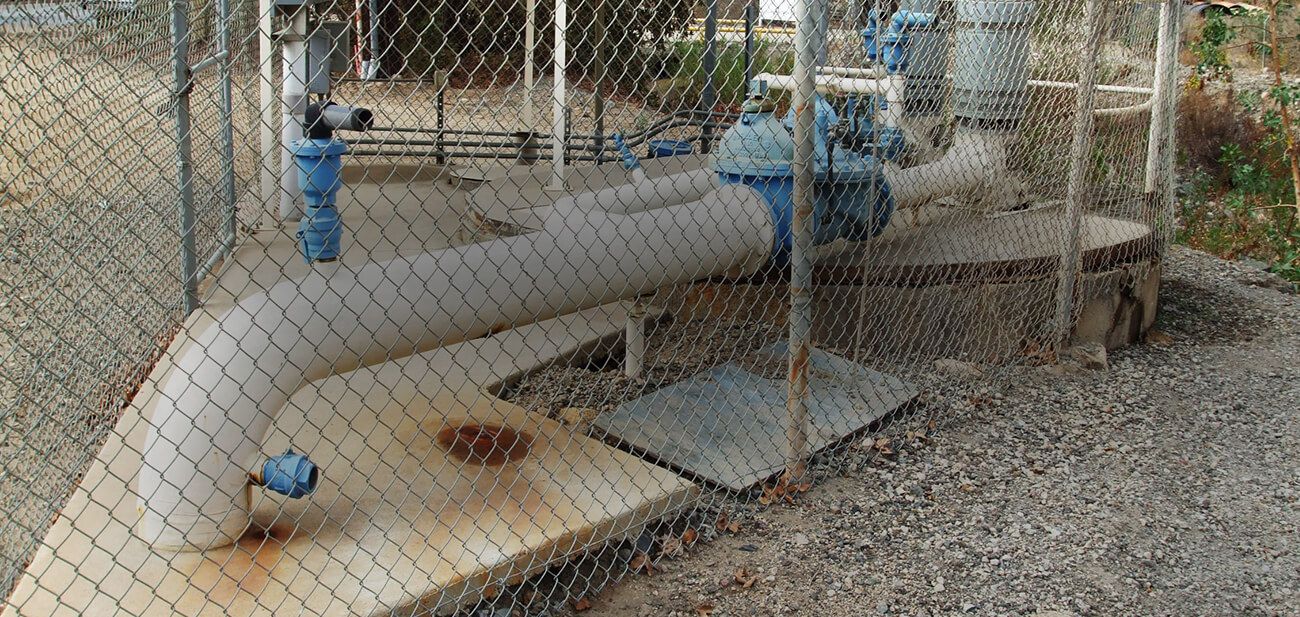
You can find groundwater underneath the earth’s surface in rock formation fractures and soil pore spaces. Groundwater can affect an engineering project by impacting the design and function of the facility and the total cost of the construction. After a flood, the soil stays saturated with water even after water levels subside. Flooding also causes soil erosion and scour, which can do a lot of damage to the foundation of the building. A rise in groundwater level may cause reduction in the soil’s overall strength, leading to failure of the slope design.
All civil engineering construction projects are impacted by groundwater, especially those close to a river. Hence, they prefer to get groundwater monitoring and remediation done before construction. The adverse effects of groundwater on buildings cause deep cracks in walls, water-saturated walls, wall plastering, discoloration of walls, and flaking paint.
According to experts, groundwater is stored in and tends to move slowly through geologic formations of sand, soil, and rocks known as aquifers. The presence of groundwater can seriously affect your foundations’ total bearing capacity, which is why it is critical to perform groundwater monitoring and remediation before construction. Submergence of soil below the footing base of the building can reduce the overall strength of the earth. For instance, it could cause the loss of cohesion due to weak cementation bonds or suction.
Whenever soil gets saturated, the soil media tends to take on specific physical characteristics as a result of the incompressibility of water. These characteristics come into effect below the groundwater table or surface. Groundwater table tends to fluctuate with time. Any change in groundwater surfaces can be very slow since they change with seasons or relatively quickly, such as in stormwater or tidal basins.
Some well-known groundwater issues that engineers can face during the construction of buildings:
Even if you somehow manage to get through construction, groundwater can also result in issues after your building is completed. These include,
There are several ways you can perform groundwater monitoring and remediation, including reconnaissance.
Remember, professionals can conduct site visits and imagery interpretation to identify the site’s water table conditions. However, it often requires subsurface investigations as well.
Subsurface investigation generally involves creating test pits to depths below the anticipated excavation to help define the groundwater and other perched, static, and artesian conditions. You can usually observe groundwater conditions in cohesionless soils like silty sands and gravels since water can flow more easily through such soils. However, in the case of cohesive soils like clay or silty clay, you can observe the water flow visually and need to net to get it tested in a lab.
Since the water flow rate is slow in cohesive soils, subsurface instruments such as piezometers can take a few days or even months to record groundwater pressure and changes. In projects where such changes are critical to the design process, you may need a “zero” volume change device like a diaphragm transducer to read any changes in the groundwater head in real time.
Groundwater plays a critical role in a construction project’s planning and land development process. You must determine the quantity and quality of groundwater in your land before you start the development process and take the steps needed to achieve ideal comfort and health. Contact our team from G3Soilworks to hire a qualified soil consultant for help.
Follow, engage, learn. Stop by our blog to see what’s happening at G3SoilWorks.
G3Soilworks – a full service geotechnical/ engineering geologic consulting firm serving clients since 2009 and delivering expert solutions with our highly experienced team and specialized consultants.
G3SoilWorks
350 Fischer Avenue Costa Mesa, CA 92626
Tel. 714.668.5600
E. info@g3soilworks.com